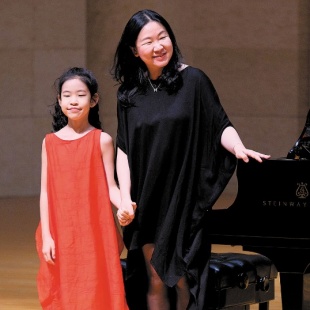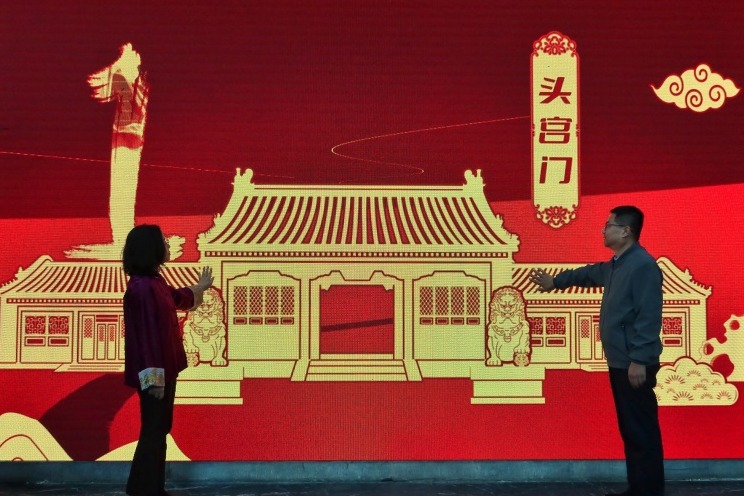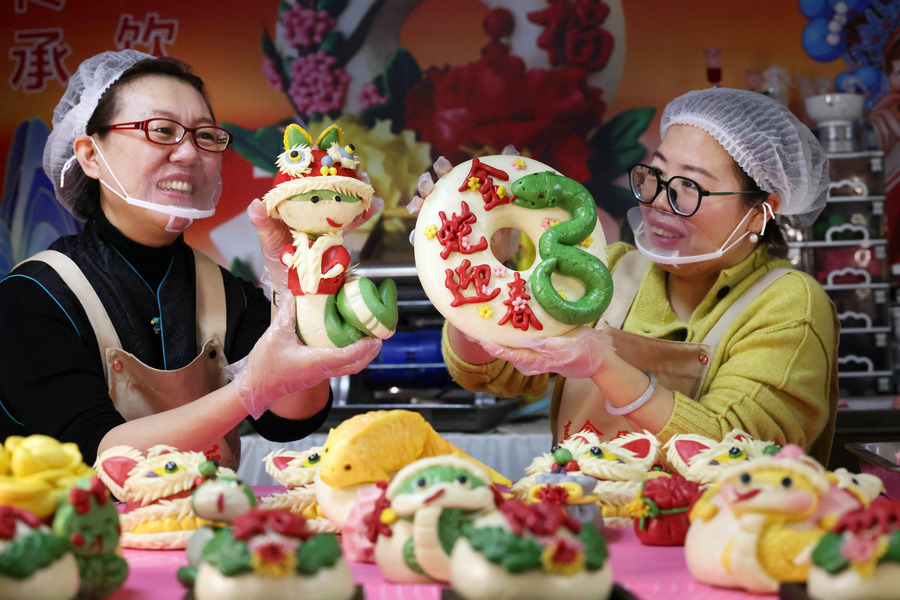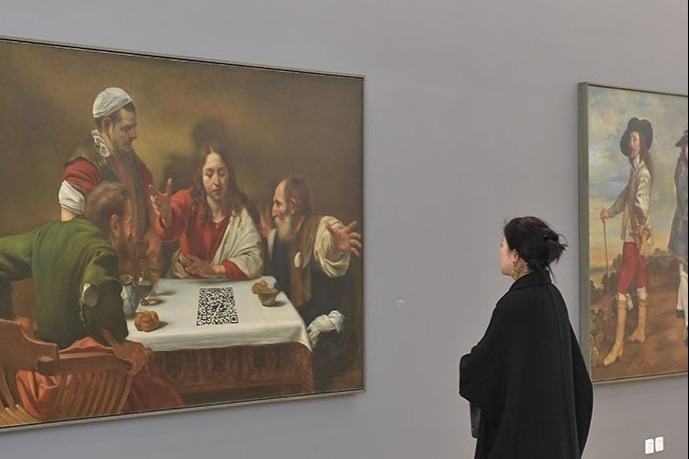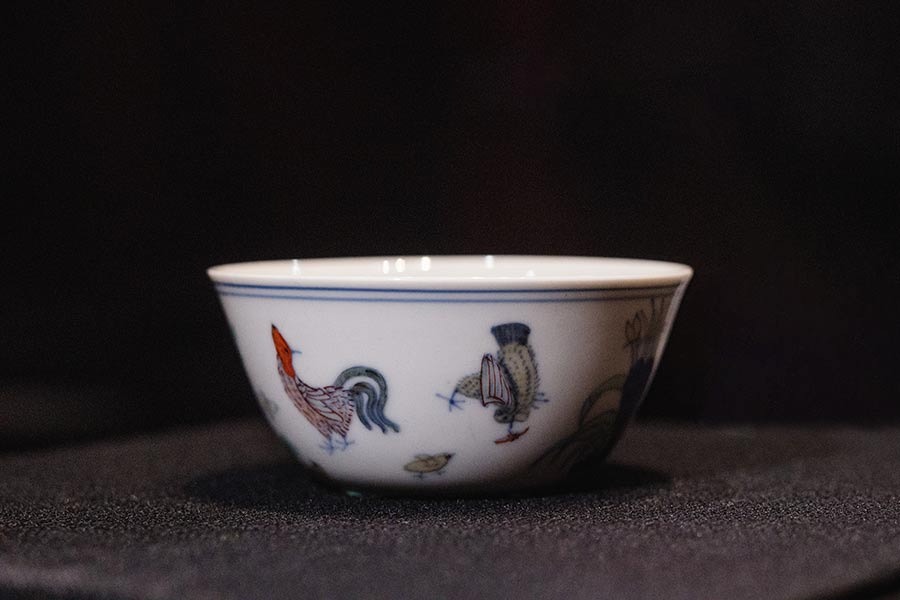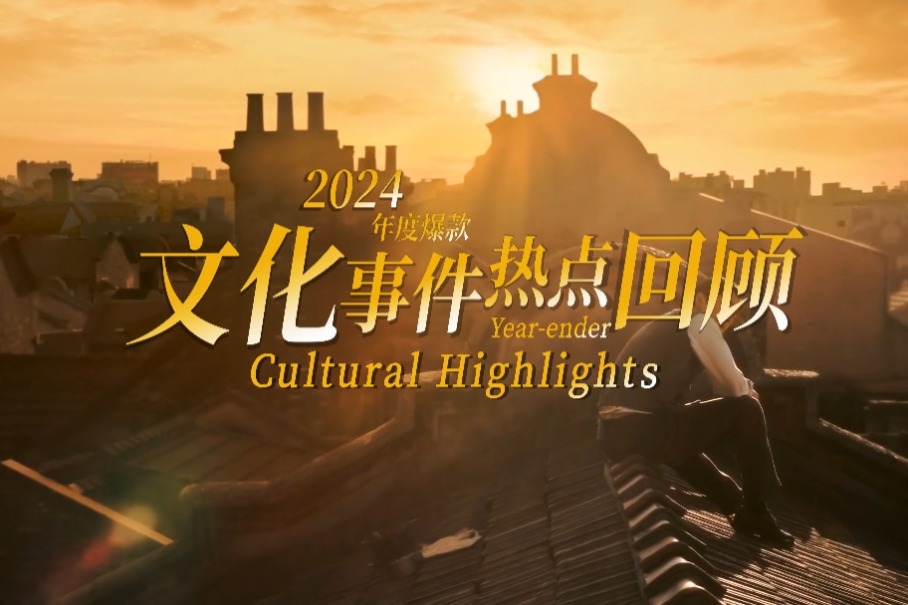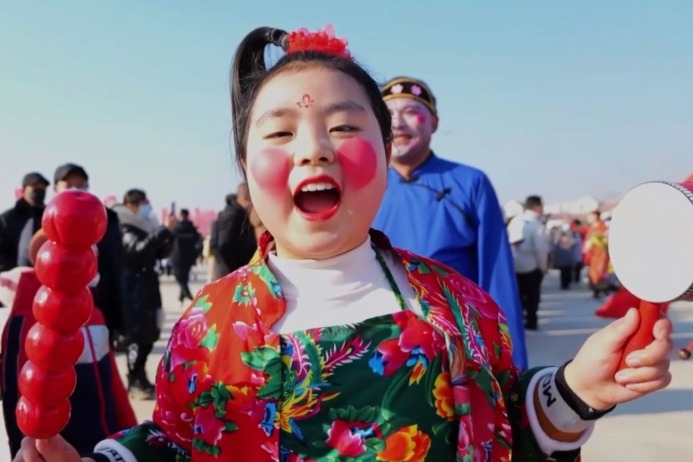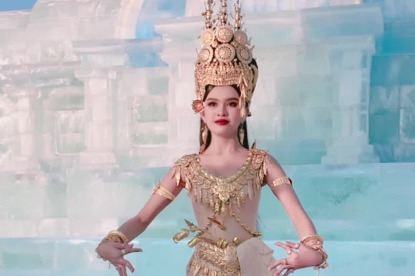Chinese arts take center stage at summer festival

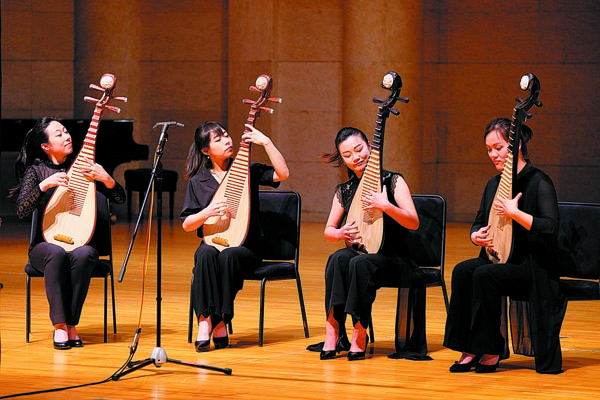
In 2008, the festival was renamed the Gateway to Arts Summer Festival to incorporate a greater diversity of art forms alongside classical music.
Xu Jian, the organizer of the festival and general manager of the venue, notes that last year, due to the COVID-19 pandemic, the event had to be held online. This year, as well as welcoming back live audience members, the festival offers programs, including acrobatics, puppet shows, ballet, traditional Chinese musical instruments and classical music performances.
"With the travel restrictions caused by the pandemic, we couldn't have international artists join us during the festival. However, it allows Chinese artists to present themselves and perform their creative programs," says Xu.
Highlights will include a concert on Monday performed by violinist Li Yuhe and pianist Yuan Jie, who will perform programs including a piece titled Hero Concerto, inspired by composer Tan Dun's original soundtrack to Chinese director Zhang Yimou's highly acclaimed martial arts film, Hero. The composer will join in the concert at the Forbidden City Concert Hall and share the story of the piece's creation.
Other musical works adapted from movie soundtracks will include Across the Stars from the movie, Star Wars: Episode II Attack of the Clones, and Hedwig's Theme, from the movie, Harry Potter and the Philosopher's Stone.
The Northern Kunqu Opera Theater will present the classic Kunqu Opera production, The Romance of the West Chamber, written by Wang Shifu, a Yuan Dynasty (1271-1368) playwright, on July 27.
On Aug 16, 21-year-old jazz pianist A Bu, whose real name is Dai Liang, will give a concert along with his musician friends: violinist Zhang Yue, cellist Song Zhao and bassist Wang Chenhuai, performing repertories including A Bu's own composition Oriental Interlude and Confessions Op 2 for cello and piano composed by Derek Louie.
According to Xu, on Aug 23, harpsichord player Jiang Yubin will perform a concert featuring music pieces by German composers Bach, Christian Petzold, and English composer Henry Purcell. It will be the first time that the harpsichord has appeared during the festival, which will allow children to learn about the musical instrument.
Xu adds that mini summer camps are so popular among children that tickets sold out fast. This year, the 10 summer camps will offer training on musical instruments including pipa and harp, as well as art forms, such as Peking Opera and chorus.
For the first time, Kunqu Opera, one of the oldest traditional Chinese operas with a history of over 600 years, guqin, a zither-like seven-stringed traditional Chinese instrument, and xun, a globular, flutelike traditional Chinese instrument, will be introduced at the summer camps.
"Art education is a vital aspect of what we do as professional musicians. The summer camps allow students to learn a musical instrument from scratch. I'm glad to see that some of them have continued to learn those musical instruments after the summer camps, and that some students even decide to pursue a professional musical career," says pipa player Zhang Hongyan, who started to play the traditional Chinese four-stringed musical instrument at the age of 7, studying with his father, also a pipa player.
As a teacher at the Central Conservatory of Music in Beijing, she launched a pipa summer camp for the festival 10 years ago. This year, she will conduct lessons, along with some of her students from the conservatory, from July 14 to 16.
With the support of Beijing Poly Theater Management Co, the festival will bring art programs to children in over 60 Chinese cities.


